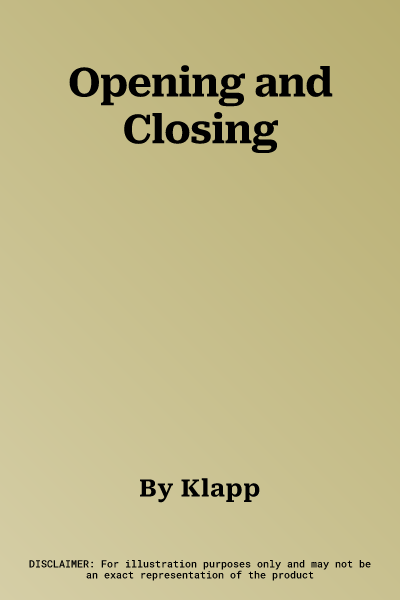Klapp
(Author)Opening and ClosingHardcover, 29 September 1978

Temporarily out of stock
Free Delivery
Cash on Delivery
15 Days
Free Returns
Secure Checkout

Part of Series
American Sociological Association Rose Monographs
Part of Series
Cambridge Solid State Science Series
Print Length
240 pages
Language
English
Publisher
Cambridge University Press
Date Published
29 Sep 1978
ISBN-10
052121923X
ISBN-13
9780521219235
Description
Product Details
Author:
Book Format:
Hardcover
Date Published:
29 September 1978
ISBN-10:
052121923X
ISBN-13:
9780521219235
Language:
English
Location:
New York
Pages:
240
Publisher: